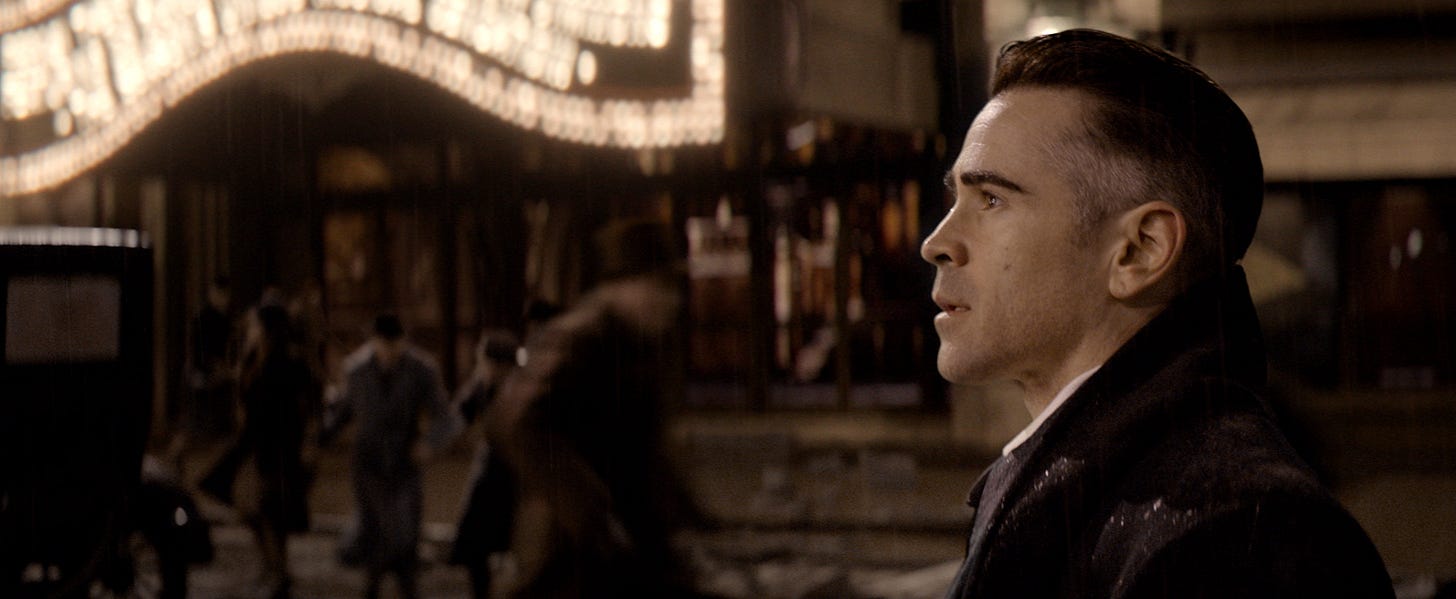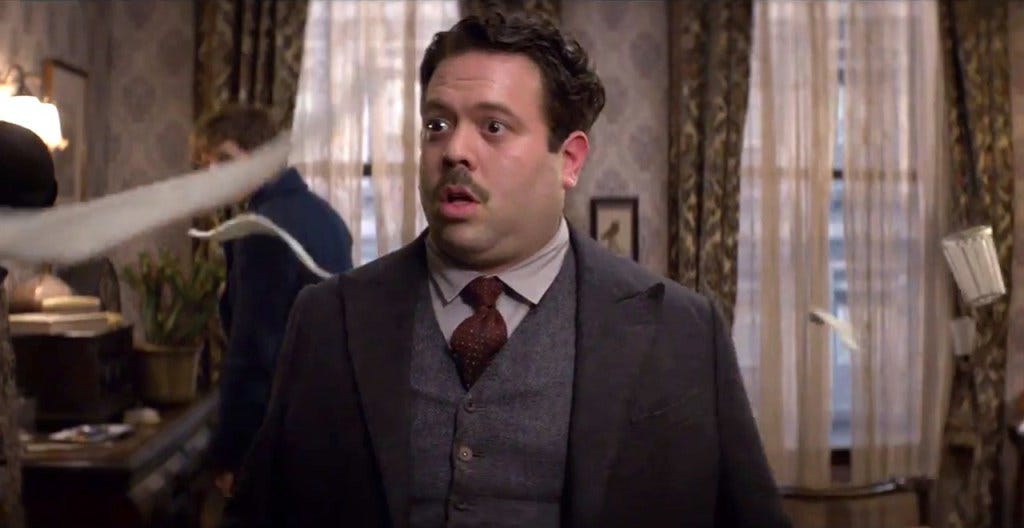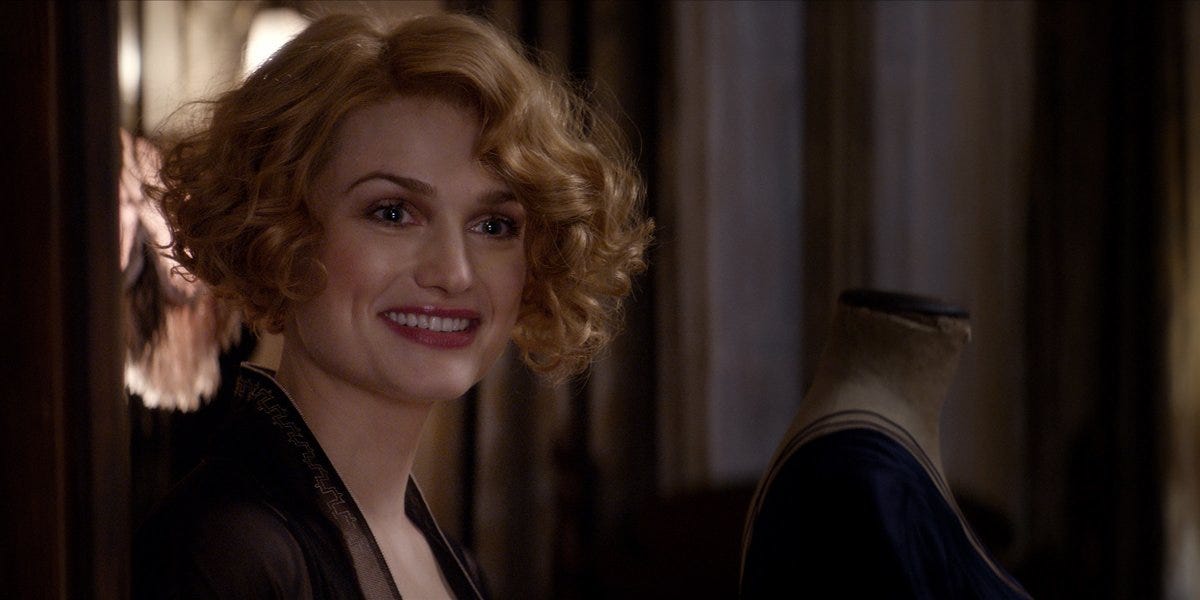Diabolical Villains and Where We Shouldn't Find Them | Fantastic Beasts Review
Launching a film franchise is not an enviable job. The modern film audience expects a certain level of gravitas from a movie. You want to produce 3, 5, or even 7 Hollywood blockbusters in a row? Sounds great, but you'd better to be ready to deliver 3, 5, or even 7 world ending scenarios, each original in their own right, and each gripping enough to keep us coming back for more. Oh, and did we mention that they all need to tie together to construct a larger plot which makes us feel like it was all worth our time and money? No pressure though, right?
Enter the Extended Universe. Marvel cracked a tough nut when they realized that each of their films could benefit from each other's success. Turn out an Iron Man movie, and people will want to see your Hulk movie. Worried about audiences turning out for your new Thor picture? Put Captain America in it. The shared universe model in cinema allowed films to lean on each other's success and hopefully end up breeding their own. And now, eight years and 14 movies in, Marvel and Disney seem to have proved that the model works. The result? Every other major film franchise is trying to figure out what their own cinematic universe looks like.
Warner Brothers' Harry Potter franchise is no exception to that rule. The seven books by J.K. Rowling became eight massively successful movies. One of the most successful movie franchises of all time in fact, grossing upwards of $2.5 Billion to date. But even the trick of splitting the last novel only got the WB executives so far and, as is inevitably the case with any source material adaptation, the studio eventually ran out of book. In 2011, there seemed to be no logical way that Warner Bros. could pull any more money out of the Wizarding World that Rowling created.

This was the nature of the mission that Fantastic Beasts and Where to Find Them was given. First, establish that the Wizarding World exists not as a private world to Harry Potter and his friends but, rather, as a world that has always existed and will always exist. Second, give long time fans and new arrivals on the scene belief that this world is worth spending time (at least another 4 movies) in. And, finally, convince the studio that J.K. and her wonderful wizards have enough left in the tank to make the investment worth while.
Yes, I promise, I will give you my money. Now get your creepy looking Jonny Depp cameo out of my face. I'm trying to enjoy a fun movie about magical animals and goofy Americans.
This is a heavy lift worth taking note of for a Harry Potter film. Each of the first eight movies were, more or less, self-contained. Each took place over the course of a single year. Each dealt with essentially one problem that Harry and his friends had to deal with. And while we were always excited to find out what the next year at Hogwarts would hold for our scrappy young adventurers, we were never presented with big tease to get us thrilled for what the next film would hold. Unfortunately though, that just isn't a model that works in Hollywood anymore.
Before examining too closely the shortcomings of Fantastic Beasts, it should be noted that it was a thrilling movie. Newt Scamander (Eddie Redmayne) was absolutely captivating as a slightly disconnected but wonderfully gifted researcher of magical beasts. Katherine Waterston, Dan Fogler, and Alison Sudol rounded out the charming central cast of American adventurers who join Scamander in a romp around New York City trying to round up the escaped beasts that the world's leading authority on magical beasts (he literally wrote the book on it) has somehow allowed to escape.

Where the movie comes up short though may be in the attempt to try and hype audiences up for the next four adventures in the wizarding world. By tying Gellert Grindelwald and his ilk into the film, Warner Brothers comes across as almost too desperate for audiences to come back for Fantastic Beasts and Where to Find Them and The Chamber of Secrets (we're assuming). Which is not to say that the story of Grindelwald's evil magical conquest of the world and his historically epic battle against Dumbledore is not astounding. It's probably one of the most interesting stories there is to tell in Rowling's universe. But Warner Bros. doesn't have to be so clingy about it. Yes, I promise, I will give you my money. Now get your creepy looking Jonny Depp cameo out of my face. I'm trying to enjoy a fun movie about magical animals and goofy Americans.
That is the principal, perhaps the only, shortcoming of Fantastic Beasts and Where to Find Them. It is the third (count 'em: one, two, three) movie this year that Warner Bros. has put out where the studio has been too distracted by branding, franchise management, and future projects to remember to put together a good movie. Literally every single mention of, appearance by, or allusion to Gellert Grindelwald could have been taken out of Fantastic Beasts, and the movie would've been just as good- perhaps better. It all just feels tacked on. As if the studio executives found themselves worrying about the future of their Justice League franchise and went to Rowling & Yates and said something like "Hey, we know you've already finished that epicly large stand alone H.P. movie that we said you could do. But anyway you could slip a bad guy in there who might be able to carry us through 2026?".

Establishing an expanded universe is hard. Being the tent pole film, the film that every other one in your universe is going to be able to lean on when times get hard, is a heavy lift. But an even heavier lift? Having to be something you aren't. Fantastic Beasts and Where to Find Them is not, or at least seemingly has no reason to be, the film which establishes Grindelwald as our new Voldemort. It is a fun, sometimes dark, trip back to J.K. Rowling's world. The film is disappointing though, in the fact that it has unmistakable traces of studio interference within it. That is not the kind of reintroduction that Ms. Rowling, or her fans, deserve.
Film Rating: B

